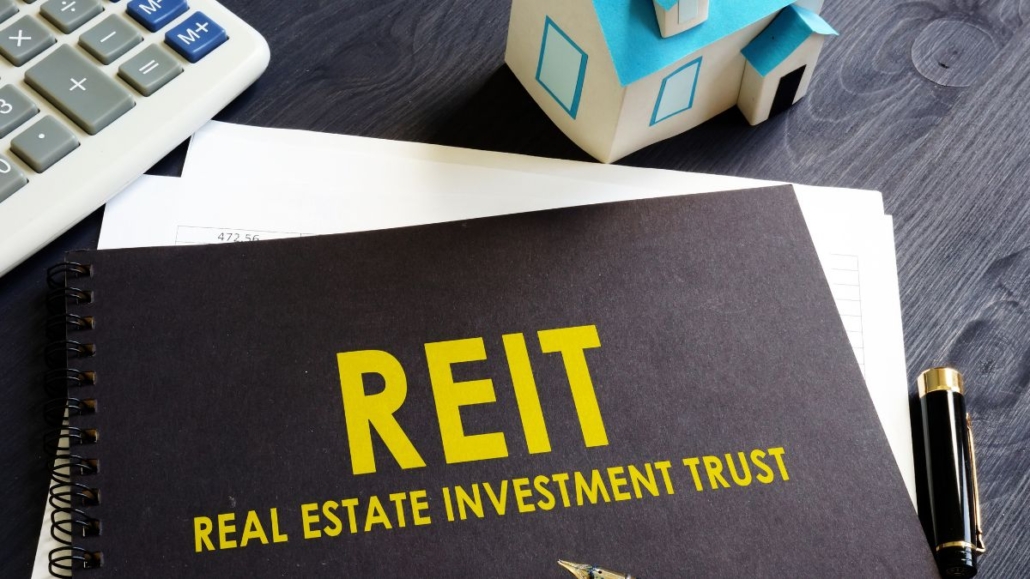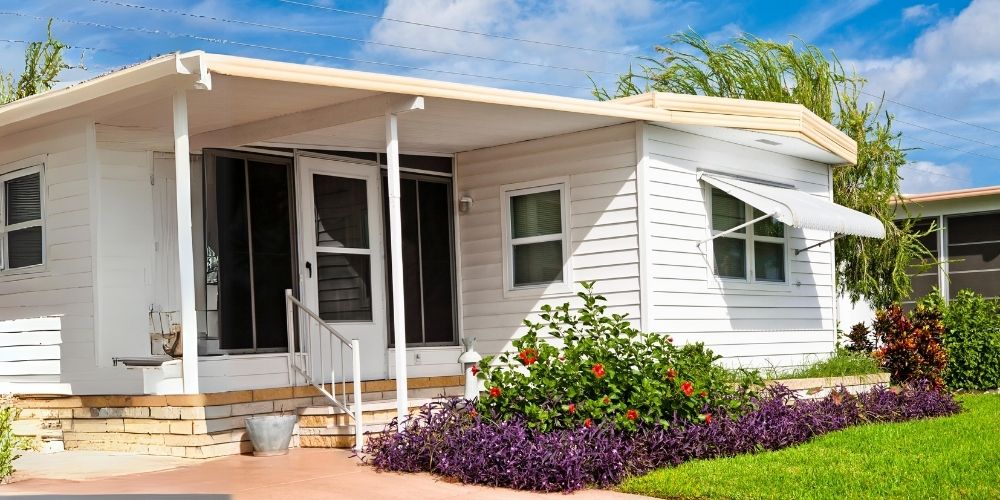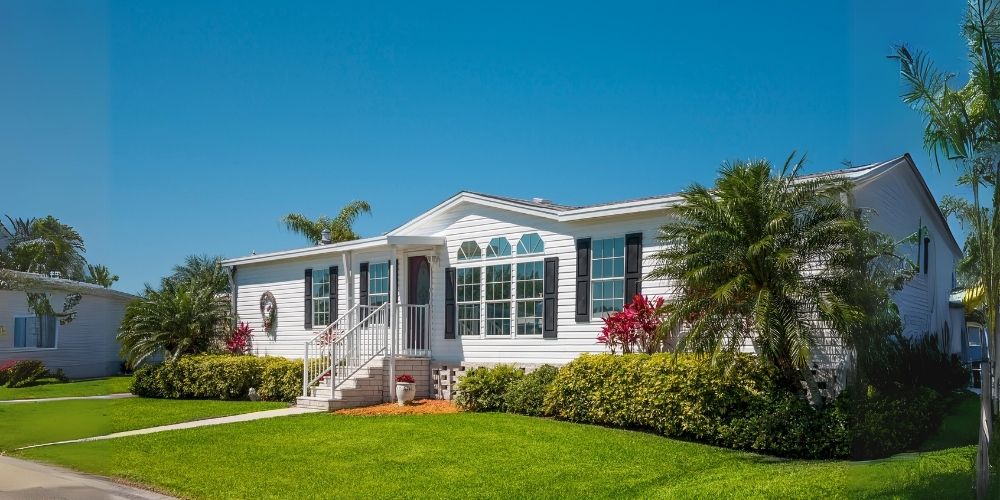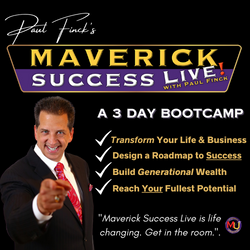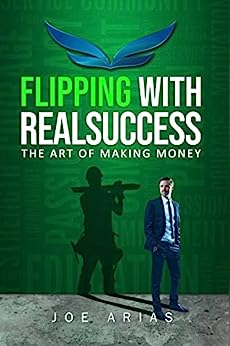PASSIVE REAL ESTATE INVESTING
By Joe Arias
Want to make money without having to put in a lot of work? You may want to consider passive real estate investing. It is the perfect solution for an aspiring investor who may have other time commitments like a full-time jobs that does not allow much time to be a property manager or a home flipper. Each of those activities requires at least a little bit of time on your part. You have to collect rent, market your property for rent, make repairs, and so forth.
With passive real estate investing, you basically write a check and then sit back and collect mone over time. There are a couple of different options when you get into passive real estate investing, each comes with its own risks and varied amounts of returns. They are pretty easy to get in to and do not require a lot of knowledge in the real estate industry to be successful. Here are several passive real estate options worth looking into:
article continues after advertisement
What is Passive Real Estate Investing?
Before we jump into what types of passive real estate options are out there, let’s first look at what passive real estate investing is.
In simplest terms, passive real estate investing is investing in real estate without requiring hands-on effort or active participation. Passive real estate investing can either be direct or indirect. The main difference between the two is the amount of work you have to contribute to each investment.
Why Is Passive Investing a Good Idea?
When you are a passive real estate investor, you will earn money without having to actively work for it. Basically, you pay someone an agree upon amount of money and they do all the hard work for you. Here are some ways you can put you passive income to use:
- Build a retirement fund
- Pay off your debts
- Increase your savings account
While there are non-real estate related ways to earn passive income, let’s just focus on those that do involve real estate in some form. Here are a few ideas for you on how to invest in passive real estate:
Direct passive real estate investing
In this case, an investor will purchase a property which is then rented out to a tenant. This can be done in the form of short-term or long-term rentals. In order to simplify the process, many investors will hire a property management company to do time-consuming duties like maintenance, rent collection, or any other situations that may arise. This allows the investor to have very little active responsibility in their investment, making it a passive investment.
Indirect passive real estate investing
Suppose you want something which requires even less involvement than being a landlord and renting out a property to a tenant. In that case, you can invest in an indirect passive real estate investment by investing in a real estate investment trust (REIT). You will have no day-to-day tasks related to this form of investment and do not need to have very much real estate knowledge to be successful. You will still collect income in the form of returns and dividends.
Different Types of REITs
Real estate investment trusts are made up of corporations, trusts, or associations. These groups invest in large income-producing real estate like commercial buildings, hotels, data centers, or apartment complexes. Investing in a REIT is usually a low-risk investment and is traded like a stock.
There are three types of REITs you can invest in:
- Exchange-traded: Registered with the SEC and listed on exchanges like the NYSE.
- Non-traded: Registered with the SEC but do not trade publicly. These tend to be more stable since they do not fluctuate with the market.
- Private: Not registered with the SEC or traded on exchanges. They raise funds through private investors.
article continues after advertisement
A well-managed REIT lessens risk by including large groups of properties rather than individual properties. One good thing about them from an investment standpoint is that they provide annual dividend income as well as long-term appreciation. You are usually able to withdraw money from the REIT when you need it, but will be subject to paying taxes on your returns.
There are a couple of downsides to investing in REITs. They are required to distribute 90% of their profits annually, which means they are not able to reinvest funds annually, which can prevent long-term growth. You also don’t have a tangible asset and cannot control any part of the decisions made related to your investment.
Tax Liens
Another passive real estate option is investing in tax liens. According to the National Tax Lien Association, $14 billion in property taxes go unpaid each year. When a homeowner falls behind on their property taxes, the county or municipality where the property is located will issue a tax lien against the property, which the tax assessor’s office usually issues.
These tax liens can be auctioned off to investors. If you win a tax lien auction, you will earn interest until the homeowner pays off the outstanding taxes. You receive your share and accrued interest when the homeowner sends the county a tax payment.
Interest rates on a tax lien can be as high as 12%, which would give you a very nice return on investment. In very rare cases, you may even be able to foreclose on and acquire the property for an incredibly low price.
Tax lien investing can be confusing and maybe more work than a passive real estate investor is willing to commit to. Depending on the state you purchase the tax lien from, you may be required to notify the homeowner frequently in an attempt to collect the debt. This is certainly not for everyone.
Crowdfunding
Another type of passive real estate investing is crowdfunding. With real estate crowdfunding, groups of investors combine their money to purchase commercial properties, apartment complexes, and single-family home portfolios. These are mostly managed and executed through online platforms where investors are able to view progress and send payments.
Crowdfunding is very popular because it is so easy and does not require a large investment. Neighborhood Ventures is a Phoenix-based real estate crowdfunding company. Their projects are usually funded in a matter of days. They buy old apartment buildings, renovate them and then rent them to tenants. They take on projects in their own neighborhoods in an attempt to keep their investment dollars local and improve the communities where they live and work. Investors can very easily and quickly create an online account, upload their funds – as little as $1,000, choose a project, and watch their money grow.
Crowdfunding is another very hands-off investment. Since there are so many crowdfunding companies that are very transparent in the properties they will be purchasing, you do have the ability to choose a project in a real estate market with the potential for large returns. With a company like Neighborhood Ventures, you would be investing in the Phoenix Metro area which is one of the hottest real estate markets in the country, seeing double digit returns each year.
Many real estate crowd funders do require holding your money for a specified period of time. This ties up your money and makes it difficult or impossible to cash out at a moment’s notice in the case of an emergency.
Passive Real Estate Investment or Stocks? Which is the Better Investment?
Deciding between real estate or stock investments is a personal choice that depends on your financial situation, risk tolerance, and goals. You can make money two ways with stocks: value appreciation as the company’s stock increases and dividends. Your returns are based on stock market activity as well as the company’s earning.
Real estate has proven to bring in higher returns in a shorter period of time in most major real estate markets. According to the S&P 500 Index, the average return on investment in the US real estate market is 10.6%. Comparatively, the average annual return for the S&P Index over the past 20 years is only 8.6%. Real estate also tends to be less volatile than the stock market. REITs and crowdfunding reduce the risk further since you are able to enter into the investment for little money out of pocket.
Overall, real estate and stocks both present risks and rewards. There is no right way to invest and people have seen both huge returns as well as huge losses by investing with each.
Risks in Passive Real Estate Investing
Every investment comes with a series of risks, and passive real estate investing is no different; you carry the ongoing threat of losing your principal. First, if you are hoping to make a lot of money through passive real estate investing, you may be disappointed. Something else to be aware of is that there are a lot of passive real estate investment opportunities out there, and they are not all created the same. Always do your due diligence before investing, as no investment can guarantee you either a return or even protection of all your principal. Performing your own due diligence can help you find safer and possibly more profitable investments for your capital.
Here are some things to look out for when considering investing:
- What is the company’s track record? You could take a look to see their past projects and how much money they made. If the company is consistently failing to complete projects or are not generating the returns they advertise, you may want to pass.
- How much debt is the company in, and what are the details? Look to see if their debt is due to mismanagement. If so, this is another red flag, and you should probably pass.
- What do other investors say about the company? You should be able to find online reviews about them.
- Do they communicate with their investors? It is usually not a good sign if you invest money and then have no idea what the project’s progress is.
The Bottom Line
Many investors have made a lot of money through passive real estate investing. If you find the right REIT or crowdfunding or other passive real estate investment company to invest in, you can make money while you sleep. So, if you are looking for an easy, low-cost investment, passive real estate investment may be your best bet.

Joe Arias and his partners have flipped hundreds of properties in the Southern California Region. He has developed cutting-edge systems to simplify and scale the entire remodel process that can easily be applied to flipping, rentals, wholesaling, and other passive income strategies. More recently, Joe founded a real estate investing education company called RealSuccess Investments, allowing him to share his tools and systems with hundreds of up-and-coming investors.
RealSuccess is focused on education on flipping, rentals, passive income, and wholesaling.
Joe is also a best-selling author. He has written 4 books: Finding your RealSuccess, First Steps to Flipping, R stands for Rentals and Retirement, and Wholesaling Real Estate.
“I came from Argentina when I was 20, I am 40 years old now. I didn’t know anyone, I am CERO generation, usually people say, I am first or second generation but I was the one that crossed the border, no language, no friends, no family, no money, nothing, nada… If I can do it, anyone can.”
From a young latino immigrant to a celebrated real estate investor, Joe is a true testament to hard work and discipline. As an investor, he has made it his mission to help others achieve financial freedom while enjoying living a life of passion, fulfillment, and empowerment.
RealSuccess Website
Personal Instagram:
https://www.instagram.com/joeariasinvestor/
Real Estate Investment- Instagram:
Instagram: https://www.instagram.com/realsuccesseducation/
Video For Finding Money from All Day Training (10 Hour Seminar)
https://vimeo.com/manage/videos/528446162
1 Hour Webinar
https://vimeo.com/manage/videos/530996751
Amazon Book#1:
Amazon Book#2
Learn live and in real-time with Realty411. Be sure to register for our next virtual and in-person events. For all the details, please visit Realty411Expo.com or our Eventbrite landing page, CLICK HERE.




